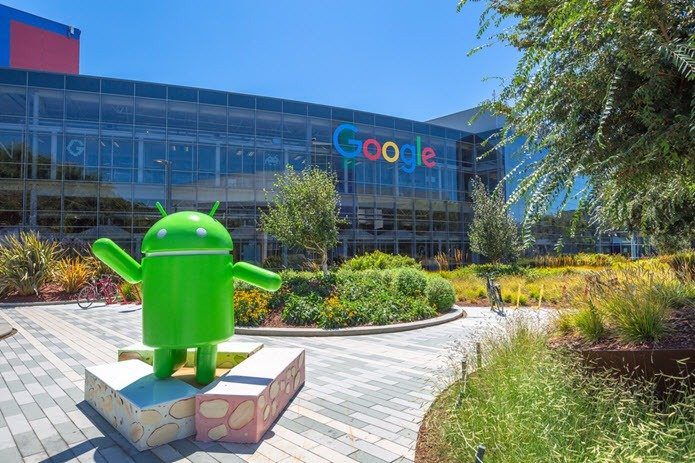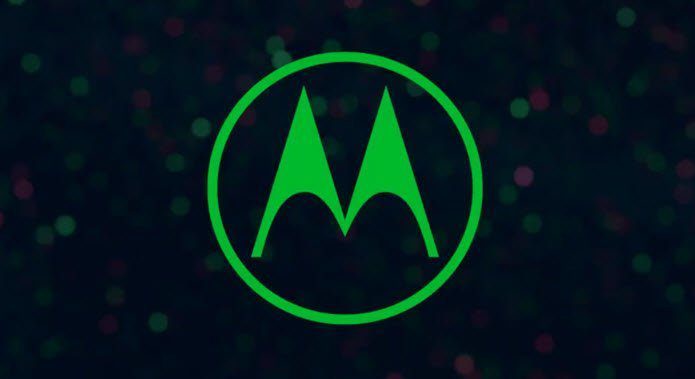This is the first time Samsung didn’t announce their flagship Galaxy devices at the Mobile World Congress in Barcelona and rather chose a separate unveiling as they’re still dousing fires from the Galaxy Note 7 fiasco. “The Samsung Galaxy S8 and S8+ usher in a new era of smartphone design and fantastic new services, opening up new ways to experience the world. Both the devices are our testament to regaining your trust by redefining what’s possible in safety and marks a new milestone in Samsung’s smartphone legacy,” said DJ Koh, President of Mobile Communications Business, Samsung.
The Thinnest SoC
The Samsung Galaxy S8 will be powered by a 64-bit octa-core SoC, which will clock at 2.3GHz. Its bigger variant, the Galaxy S8+ will be powered by a similar chipset, which will clock at 2.35GHz. Both the chipsets will be based on 10nm technology, which means a thinner chip size than the standard 14nm and 28nm Snapdragon chipset powering a majority of Android smartphones.
Bezel-Less Design and Display
The new Galaxy flagship devices from Samsung get a large dual-edge Infinity display which covers almost 80% of the front panel. The home button has been embedded under the screen functions just like a physical button while the back and recent apps buttons are customisable softkeys. The Samsung Galaxy S8 features a 5.8-inch Super AMOLED Quad HD (2960 x 1440) display, while the Galaxy S8 Plus gets a 6.2-inch Super AMOLED Quad HD display, both protected by Corning Gorilla Glass 5.
Memory and Storage
Both the devices come with 4GB RAM and 64GB internal storage which is expandable up to 256GB via a microSD card. The company mentions that these specifications might vary depending on the market.
Camera
While several companies are focussing on developing their mobile camera tech, much to the dismay of the people awaiting the launch of these Galaxy devices, the company hasn’t put much effort into upgrading the camera. The Galaxy S8 and S8+ both sport the same camera set up of a 12MP sensor with dual pixel and smart OIS tech — same as the Galaxy S7 –, and a 8MP front camera. The camera’s user interface has been updated to facilitate single-hand operation.
Defense-Grade Security and Biometrics
The Galaxy S8 and S8+ devices incorporate Samsung’s Knox security platform alongside a combination of different biometric unlocking methods. In addition to the fingerprint scanner — located at the back panel, besides the camera — the new Galaxy flagship devices also feature an Iris scanner and have facial recognition capabilities. The device will also have a secure folder, which can store all of your sensitive information, protected by an additional layer of security.
Battery and OS
The new Samsung Galaxy devices will work on Android Nougat 7 out-of-the-box. While the S8 is backed by a 3000mAh battery unit, the S8+ gets a 3500mAh battery pack — charged via USB type C. Both the devices have fast charging capabilities even when wirelessly charged.
Connectivity and New AI
The Samsung Galaxy S8 and S8+ are the first smartphones to feature the Bluetooth 5.0 tech. You’ll also be able to connect to Oculus’ new Gear VR to experience the virtual reality experience and will also be able to connect to Gear 360 to create 4K 360-degree videos and click pictures in 15MP quality. The new devices can also connect to Smart Home devices, manage and monitor them via a single app. In addition to all this, Samsung introduces its own AI — Bixby — alongwith the new flagship Galaxy devices. Bixby has been launched in competition to Cortana, Siri, Alexa and Google Assistant. Bixby gets a dedicated physical activation button on the side-panel of the device and can alternatively be activated by saying ‘Bixby’. Both the devices are water and dust resistant as well with an IP68 certification and will come in five colours: midnight black, orchid grey, coral blue, arctic silver and maple gold. Apart from all these features, the new Galaxy S8 and S8+ devices also get Samsung Pay — a secure wallet service –, Samsung Health and Samsung Dex — an easy to use device and PC sync tool. While there haven’t been many hardware upgrades, the software upgrades on the new Galaxy devices will undoubtedly find increasing usage as there is more development surrounding IoT and VR technologies. The above article may contain affiliate links which help support Guiding Tech. However, it does not affect our editorial integrity. The content remains unbiased and authentic.








![]()






